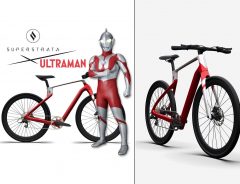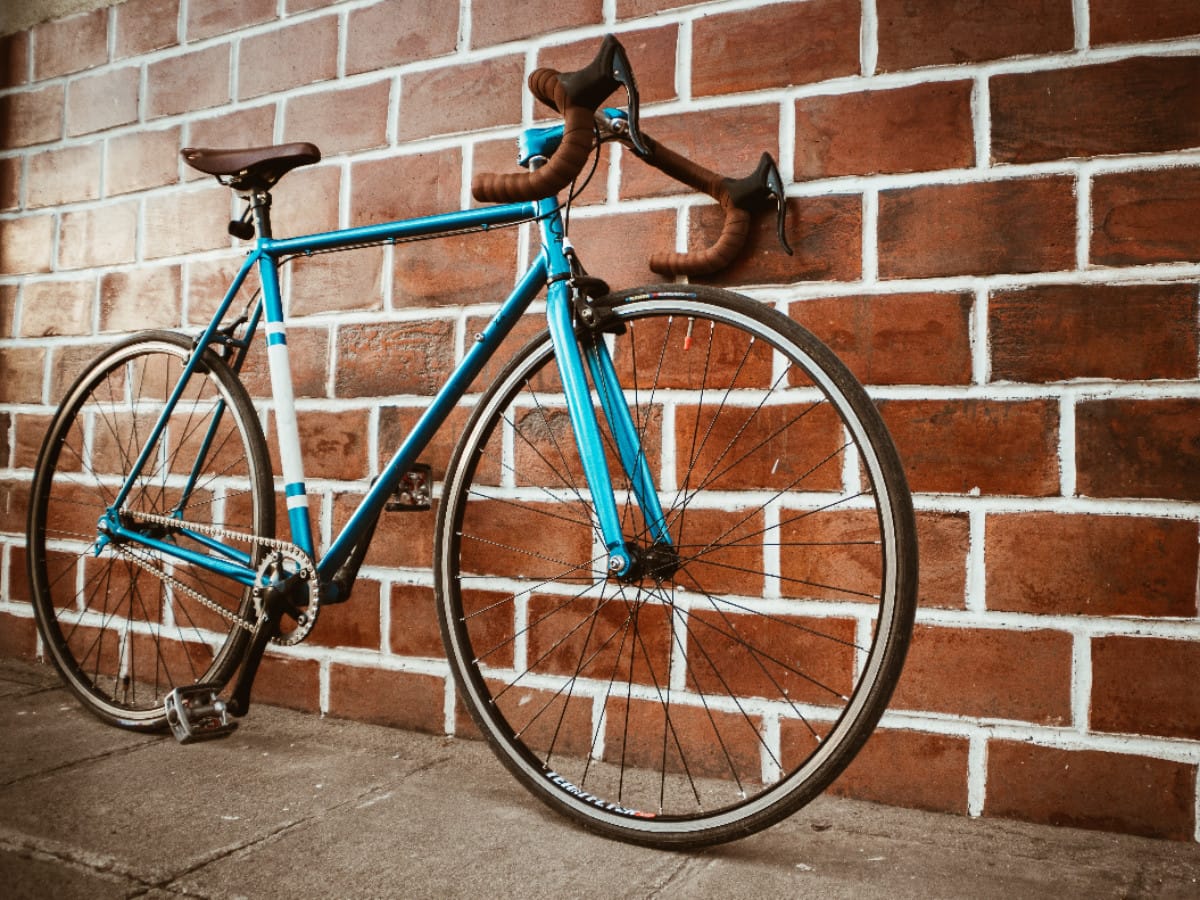- Tags:
- Accidents / Bicycle / bike / law / traffic accidents
Related Article
-

New Energy Drink Made For Drivers, May Put Brakes On Slew of Elderly Driver Accidents
-

Become the Surgeon of Death by eating Law’s Devil Fruit from One Piece in Japan
-

World’s first custom 3D-printed unibody carbon fiber e-bike Superstrata gets Ultraman edition
-

Instagrammer Takes Whimsical Pictures Of Himself Popping Wheelies On His “Mom Bike”
-

Japanese sign seems to tell people to get off their bike “for the sake of the Queen”
-

Videos Show Japanese Monks Protest Driving Law by Performing Awesome Feats in ‘Restrictive’ Robes



Walking down the streets of a Japanese metropolitan center can be an eye-opening experience. Flashing neon signs provide an insight into the unexpected commerce of a nation that concomitantly struggles with overpopulation in city centers as well as a decreasing workforce and birthrate.
Despite such an unbalanced situation, an unexpectedly large number of commuters still go to heretofore via bicycle. Bicycle manufactures such as Shimano are behemoths in their own right, and Japan as a country typically purchases over a million bicycles per annum. Although that number is down since 2010, it still speaks to a persistent demand. Indeed, Japan is a top ten country in terms of the number of the number of bicycles used by commuters.
Courts Seek Justice Following Bicycle Accidents
In 2014, a Tokyo cyclist hit and killed a 75-year-old lady after running a red light. The incident was taken to trial, whereby the male defendant, in his forties, was ordered to pay 47 million JPY ($430,000) in damages as well as serve two years in jail for manslaughter.
Although the cyclist argued that he was not at fault, the court deemed that his reckless riding had caused the older lady's death. The judge on trial agreed with the victim's family, who claimed, "Unlike, in earlier criminal proceedings, the court gave our case the same treatment as it would a car accident. We want this case to make cyclists more aware that bicycles have the potential to become deadly weapons."
A similar incident also occurred in 2018. At that time, in Kawasaki, a woman was given a two-year prison term after being accused of negligent cycling, which led to the death of an elderly lady.
A university student at the time, the female cyclist riding an electric bicycle, had a smartphone in her left hand, a drink in her right hand, all the while listening to music in her left ear via an earbud headphone. She struck a 77-year-old lady who later passed away from the injuries she sustained from the accident
During the ruling, Kenichi Emi, the presiding judge, noted that "The defendant was grossly negligent in riding without being aware that she could kill or injure a pedestrian." Although prosecutors requested a two-year prison sentence, the cyclist's term was suspended as she was traveling at a relatively slow speed.
Tightening the Regulations around Bicycles
Yet, these haven’t been the only accidents in recent memory. With such crowded streets and walkways in Japan, it is, sadly, not hard to imagine other incidents occurring. In order to address the problem, the Tokyo Metropolitan Government introduced a 2019 bill meant to oblige cyclists to maintain liability insurance.
The ordinance, aimed at individuals and businesses that require daily bicycle usage, was meant to underscore the dangers involved in using the transport device. The move followed statistics showing a recent increase in bicycle-related accidents while appeasing a panel appointed to deliberate on the matter.
More recently, however, a government cabinet approved an order to tighten regulations on dangerous bicycle riding following an increase in the popularity of bicycle riding during the COVID-19 pandemic.
The enforcement order approved by the cabinet will limit a host of dangerous behaviors such as ringing a bell to annoy others, unnecessary braking, and blocking pathways. Approved alongside orders limiting reckless driving, cyclists age 14 or above will be instructed to take safety training if repeatedly accused of breaking the ordinance. The measure will also apply to the increased number of food delivery people using bicycles to deliver food from restaurants locked down due to the virus.